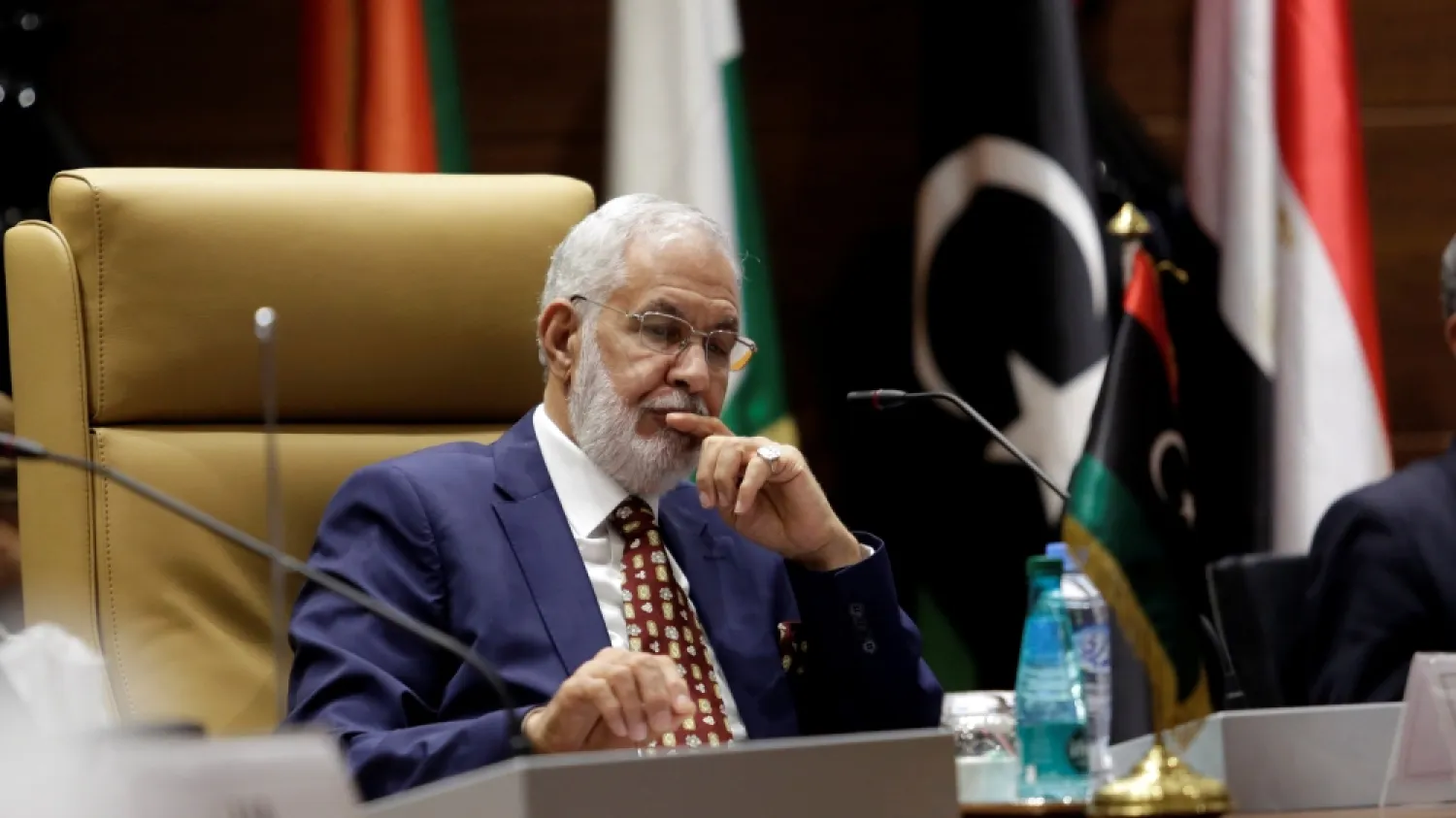Libyan Foreign Minister Mohammed Siyala urged major powers to exert greater efforts in implementing the United Nations roadmap to resolve his country’s crisis.
He made his remarks from Tunis where he took part in an Arab Summit that saw leaders from across the Arab world, starting with Custodian of the Two Holy Mosques King Salman bin Abdulaziz, express their support for UN efforts to end Libya’s eight-year crisis.
Leaders, including EU foreign policy chief Federica Mogherini and United Nations Secretary-General Antonio Guterres, voiced their strong support for the political settlement and rejection of violence, terrorism and military options in the North African country.
UN special envoy to Libya Ghassan Salame is overseeing the implementation of the UN roadmap. His efforts culminated in February in a meeting between Libyan National Army (LNA) commander Khalifa Haftar and Government of National Accord (GNA) chief Fayez al-Sarraj in Abu Dhabi.
Siyala noted that the presence of American diplomats at the meeting reflected “a clear US green light to resolve the Libyan crisis”.
King Salman, Tunisian President Beji Caid Essebsi, Egyptian President Abdul Fattah al-Sisi and all other Arab leaders at the Tunis summit over the weekend, voiced their support for the Abu Dhabi talks.
Libyan Economy Minister Abdulaziz al-Issawi praised to Asharq Al-Awsat the Arab backing of the meeting and UN efforts to resolve the crisis.
He predicted that political stability in Libya could pave the way to a comprehensive settlement and eventually improve oil production in his country from the current 1.2 million barrels per day to 1.5 million barrels per day.
Libya could eventually contribute in meeting global oil market demands, he remarked.
Salame had warned during meetings with Arab foreign ministers ahead of Sunday’s Tunis summit of the threat of foreign interference in Libya’s affairs. He spoke of no less than ten countries that were involved in Libya, but refused to name any of them.
Siyala also refused to identify them, but acknowledged that they included Arab and non-Arab countries that were directly interested in Libya; resources and future.
Siyala and Isawi said that Libya sought partners, not sides that would usurp and monopolize its wealth.
Siyala also revealed that Guterres will pay a visit to Libya on Wednesday in a show of support for its political process and UN efforts there. He will also travel to Egypt and Jordan.









